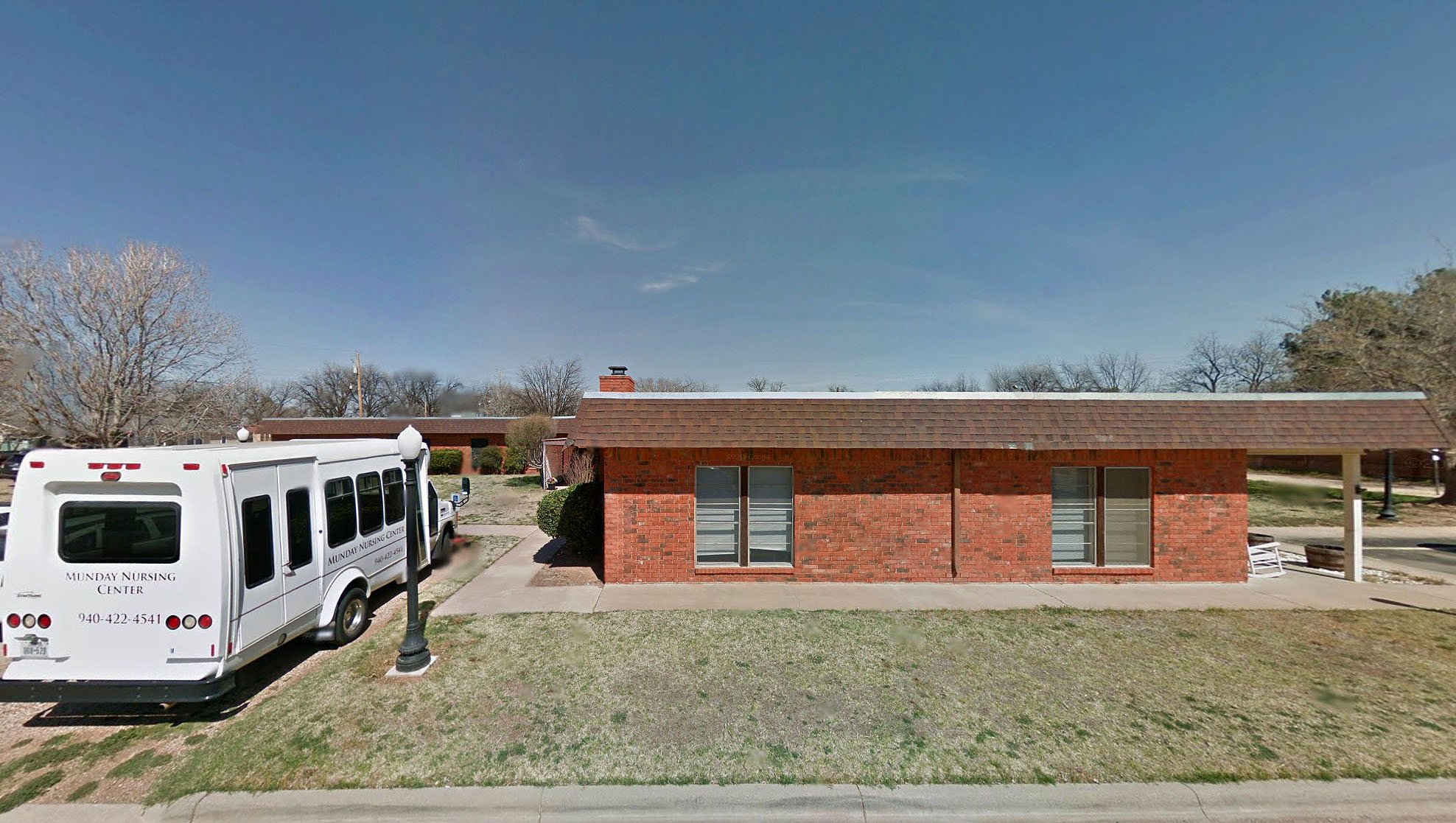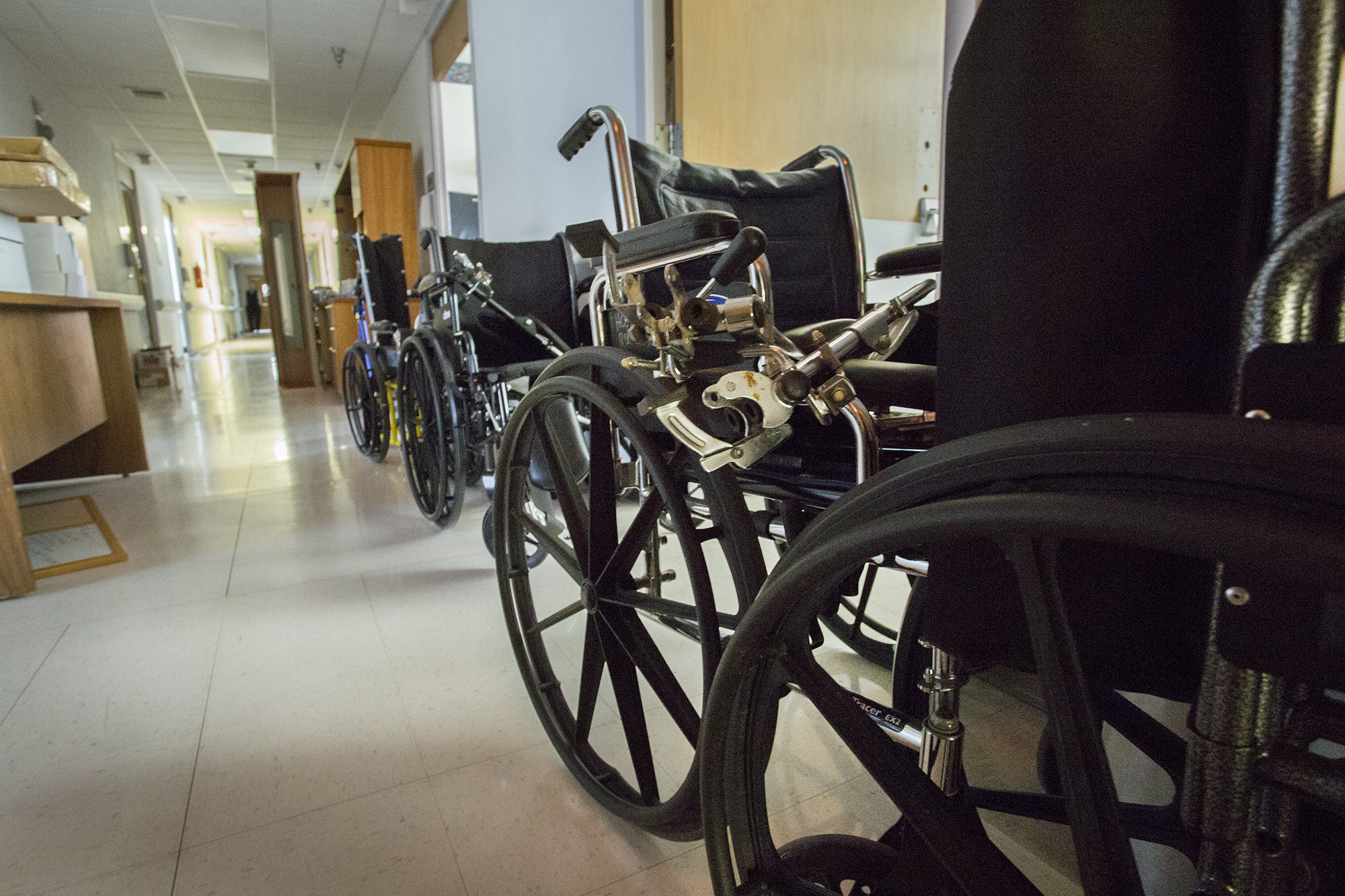With Medicaid Cuts, Nursing Home Clients “Will Go to the Streets”

The House Appropriations subcommittee dealing with health and human services spent over a month listening to testimony on where to make budget cuts. Monday morning, they laid out the fruits of their labor. And if you’re elderly or disabled on Medicaid, things don’t look pretty.
Staring down a $27 billion budget hole this session, lawmakers are starting to make painful decisions on what and where to cut. Today marked the beginning of actual decision-making process in the House Appropriations committee, and the representatives started with one of the toughest places—the services that many disabled, elderly and needy Texans rely on.
That part of the budget—called Article II in Lege-speak—encompasses the state’s health and human services and is poised to lose $16.1 billion in all funds for 2012-13, a loss of 26.1 percent. The bill is severely underfunded. It doesn’t allow for any growth in the number of people served. These aren’t even the first cuts the agencies have made this year. At the request of state leaders, health and human service agencies already cut $205 million during the interim.
The Appropriations Committee spent three hours dissecting recommended cuts and savings initiatives for the Department of Aging and Disabilities Services. Among the drastic cuts, the subcommittee recommended that nursing home care providers get a 37 percent pay cut when treating Medicaid patients. That means, instead of the $123 per day they currently get for each Medicaid patient, the providers would now get around $80.
In response to the recommendation, state Rep. Sylvester Turner, D-Houston, grilled DADS Commissioner Chris Traylor on what would happen to these facilities.
“I want to talk in terms of persons and business,” Turner said. “Is it true that under the bill as introduced that if it goes through that a number of nursing homes would close? If what we’re doing is irresponsible, we need to hear it.”
After a few minutes, Traylor finally said what everyone already knew. “I am unaware of any business model that could accept a 37 percent reduction in one year and continue to operate … I cannot tell you where those individuals would receive their assistance.”
Just where people will go is a big question. About half of nursing homes in Texas, the majority of clients depend on Medicaid to cover their expenses, and all those clients would be at risk. If the Medicaid reimbursement rates get too low, providers won’t be able to care for the patients. While normally patients could turn to other places for help, like community-based assistance and independent living services, the proposed budget also makes drastic cuts in those areas.
“Where are these people going to go?” Turner asked. “There is but one answer. They will go to the streets. We’re cutting every other place they can turn.”


